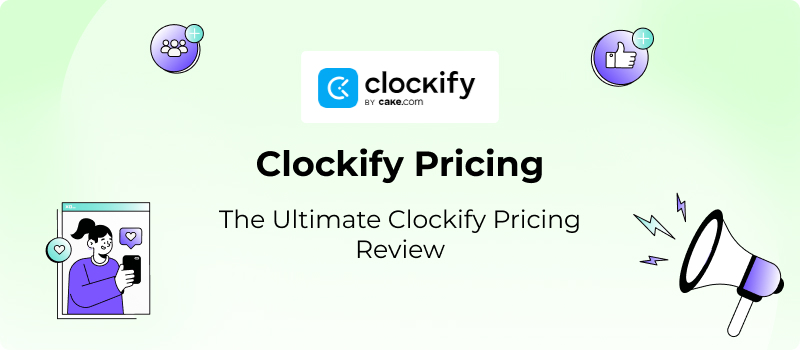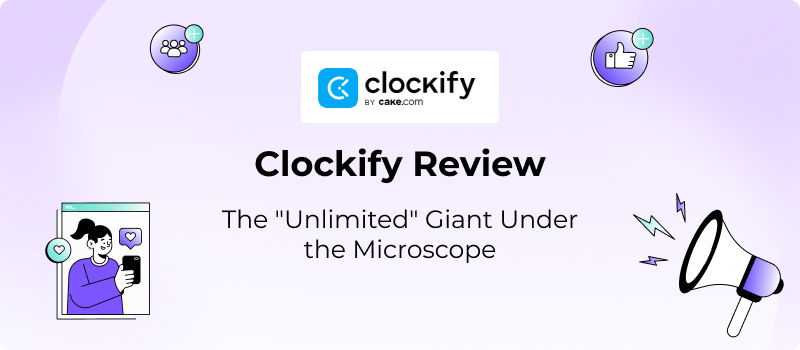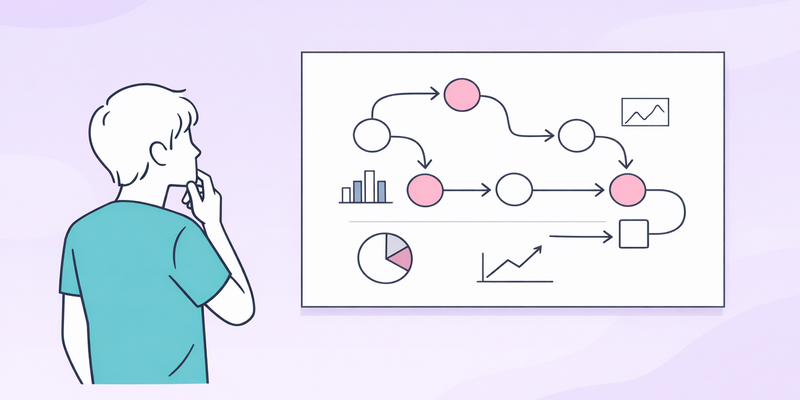
Wry observations about workplace challenges have produced a lot of meaningful insight over the years. You may recall Laurence J. Peter’s eponymous Peter principle noting that good employees often earn myriad promotions until settling in positions for which they’re not well suited. It isn’t always the case, of course, but it certainly holds water within the sterile halls of huge corporations with plentiful divisions and strata keeping workers apart.
In this post, though, we’re going to concentrate on another eponymous adage with a similar backstory: namely Parkinson’s Law. Coined in a 1955 essay by the wonderfully-named Cyril Northcote Parkinson, it observes the following simple truism: work expands to fill whatever time you give it. Give someone an hour for a task and they’ll hit the deadline. Give them a day and there’s an excellent chance that they’ll still be going 30 minutes before sunset.
It’s an amusing acknowledgment of an evident trope, but Parkinson’s Law also has value in the context of making our workplaces more productive. To that end, we’re going to explore what it teaches us about productivity at work (particularly in the era of remote working), and consider how we can get more done with the time we have. Let’s get started, shall we?
3 Key Principles of the Parkinson’s Law
1. Workers have weak impetus to work efficiently
When you’re given a day to get something done, what motivates you to complete it quickly? There are various motivations that can push you along, of course. Here are just some:
- You’re eager to prove to yourself and others just how good you are.
- You’re making your everyday workload more interesting by setting challenges.
- You’re angling for a promotion and think that exceeding expectations will get you there.
- You want to power through a task simply so you can move on to something less tedious.
These motivations are often completely absent, though. Plenty of workers don’t much care about proving themselves or finding contrived ways to jazz up their workloads. They don’t see realistic chances for advancement, and they only see more tedious tasks waiting for them after they finish their current assignments. Finishing a task early, then, is just being a glutton for punishment, earning you even more work to get done.
What are employers to do about this? Well, they need to provide proper incentives. Each employee is guided by a unique set of drives, and it’s necessary to figure someone out to determine what will prompt them to up their game. In general, though, managers should ensure that they reward employees for hard work and have better things for them to do if they complete their work unexpectedly quickly. That should suffice in most cases.
There’s also the all-too-common issue of workers being unaware of how their time is being used. If someone has a tendency to let something drag out due to a generous deadline, it may not be deliberate — and if they’re not in a regular office, there won’t be anyone around to notice them dragging their feet. This is why time tracking with a tool like actiTIME is such a vital component of a digital-era operation, bringing all the details into clarity.
2. Effort generally scales with scope for creativity
How hard you intend to work on a particular task doesn’t mean much when you get started, as it’s possible to get carried away: think of an introvert who gets dragged to a party and ends up enjoying it despite their bad attitude. This is why it’s so useful to have as many creative tasks as possible. When you get stuck into something that truly taxes your abilities, it’s inherently satisfying to see how well you can do.
This leads to good work, no doubt — but it also leads to the overcomplication of relatively simple tasks. There are two things to take from this, then. First is the pressing need to eliminate as much admin as possible. The second is that letting the creativity run wild can be a bad thing. Let’s look at these two things in turn:
Admin tasks drain inspiration
We’ll expand upon this later, but there are too many repetitive tasks assigned to workers in the average business, and that doesn’t inspire workers to try harder. Quite the opposite. Because the tasks aren’t challenging, there’s no push to succeed, and no pressure to defy the odds.
And given how many things can be automated, it makes little sense not to take advantage of that. Data entry should clearly be eliminated, with system integrations in place to have all the information readily available everywhere. Customer support can be streamlined with chatbot software (ideally with multi-platform support) to save workers from typing the same responses day in and day out.
Doing this will free up time that will be subject to Parkinson’s Law, yes, but at least the additional time given to creative tasks has the potential to be worthwhile. Several hours that might seem like a waste may give rise to something of tremendous value.
The desire to excel can go too far
I mentioned the overcomplication of tasks, and this is where it’s key to note that big demonstrations of Parkinson’s Law often stem from workers trying to excel rather than trying to kill time. If the result is supposed to hit a certain quality level, then surely hitting a much higher quality level would be great! The issue there is that the time spent achieving that quality might be more usefully spent on other things.
The goal, then, should be to provide creative tasks but limit their scope with clear parameters. This will motivate employees to do great work while lowering the likelihood of them getting carried away and using their time inefficiently.
3. Task management is a mission-critical concern
Let’s pause on the matter of deadlines for a spell because they’re far more important than many think. It’s tempting to take a cavalier approach to them, framing them as the arbitrary and counterproductive fruits of micromanagement: the natural world doesn’t have deadlines, you may want to claim. This is juvenile and counterproductive. While a given deadline can be misjudged or insignificant, many deadlines — perhaps even most — are hugely important.
Setting appropriate deadlines is a core part of task management, of course, though not the only part. Task managers must allocate responsibilities sensibly, ensuring that key actions are given to those who have the knowledge and commitment to handle them. They must check that every task has all the necessary information available, listing the desired result, the expected process, and the resources provided for getting the job done.
It’s when they fail at their jobs that things start to fall apart. Workers given deadlines that clearly don’t match the tasks tend to become apathetic and start to take longer than they need to. Those assigned tasks for which they lack the skills will object at first, but if it keeps happening then they’ll stop trying to play along. And every misplaced resource or unclear instruction heaps on minor admin tasks, each of which has the potential to obstruct progress.
In the end, then, the best thing a modern business can do to maintain productivity is to invest in comprehensive task management. That means hiring the right people, giving them appropriate support, choosing the right software tools (as mentioned before), and periodically reviewing the system to co’s LAwnfirm that it’s working as intended.
Wrapping Up
Parkinson’s Law is more informative than you might initially think due to its simplicity. Work expands to fill time because workers aren’t incentivized, but it can also happen because it’s creatively engaging. The path ahead lies in pursuing a delicate balance between neat scheduling (with time tracking and financial responsibility) and good HR management that inspires people and allows them to flourish.
This article is contributed to actiTIME by Kayleigh Alexandra who writes for MicroStartups, a blog for startups and entrepreneurs.















































![9 Best Contractor Time Tracking Apps for 2026 [Free & Paid]](https://www.actitime.com/wp-content/uploads/2020/10/how-to-find-efficient-contractor.png)

